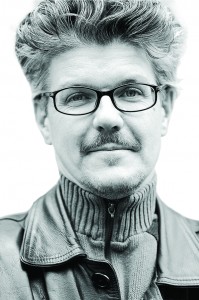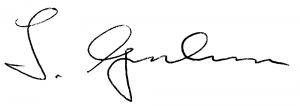Torture and degrading treatment—past and present
Published in Editorial, Issue 1 (January/February 2015), Volume 23
What’s the difference between an ‘informer’ and a ‘whistleblower’? Whilst historically in Ireland the former was seen as a villain to be excoriated, the latter is now viewed sympathetically (beyond governing élites at least), whether it be Garda Sergeant Maurice McCabe, civil servant Gerard Ryan or, further afield, Edward Snowden and Julian Assange. Whatever the prevailing view or designation, historians have good reason to be grateful to such individuals. What scholarly work on Ireland in the 1790s, for example, would be complete without copious references to the correspondence of informer Leonard McNally or spymaster Francis Higgins, no matter how odious their reputations?
Intelligence-gathering of more recent vintage is back in the news in relation to the government’s decision to reopen the ‘hooded men’ case originally taken against the UK in the 1970s, on foot of new information contained in RTÉ’s documentary The Torture Files (reviewed in HI 22.5, Sept./Oct. 2014). Predictably this has provoked the usual ‘what about . . .’ response—that this is yet another unhelpful addition to the growing list of items from the Northern conflict’s ‘past’. But this is not about the past; it is very much about the present. In 2003 the US attorney general cited the 1978 European Court of Human Rights judgement—that the ‘five techniques’ amounted to inhuman and degrading treatment but not torture—to justify ‘aggressive’ interrogation in Iraq (and are we to believe that that has stopped, either there, in Afghanistan or in ‘rendition centres’ throughout the world?).
Apart altogether from the moral implications, how valid is the pragmatic justification that such activity ‘saves lives’ in the long run? Of what value is information extracted under torture? The recently released US Senate report on the CIA’s post-9/11 ‘rendition, detention and interrogation programme’, which admits charges of torture, concluded that it produced little intelligence of value. I’m also reminded that one of the most effective interrogators in history—the anti-Cathar inquisitor Jacques Fournier (later Pope Benedict XII, 1334–42), whose meticulously detailed records formed the basis for the pioneering micro-history Montaillou (1975)—rarely, if ever, used torture. One cannot help but come to the conclusion, therefore, that the real purpose of so-called ‘in-depth interrogation’ is not to extract information (to save lives or otherwise) but to punish, degrade and dehumanise its victims.

6 Palmerston Place, Dublin 7
editor@historyireland.com
















